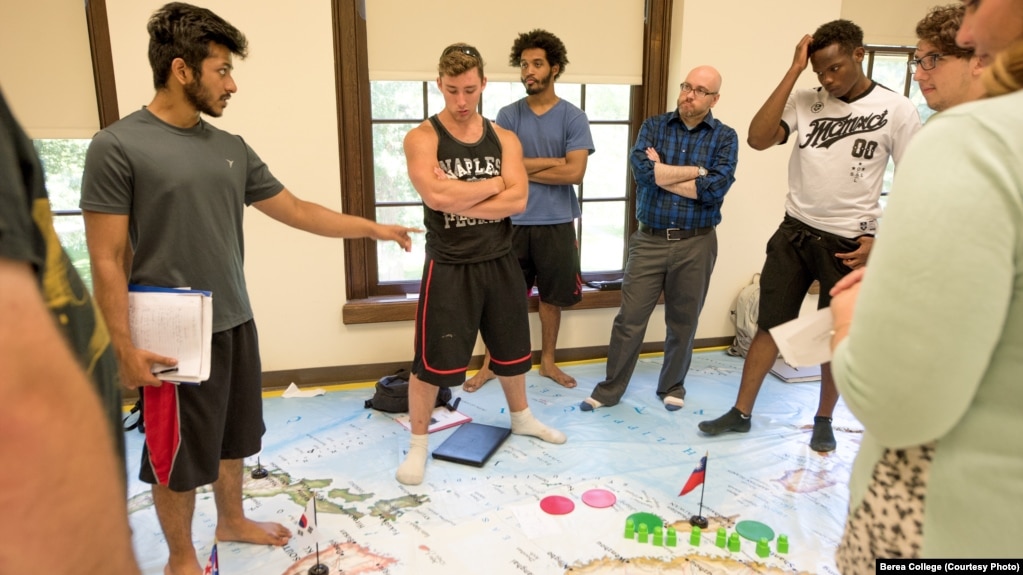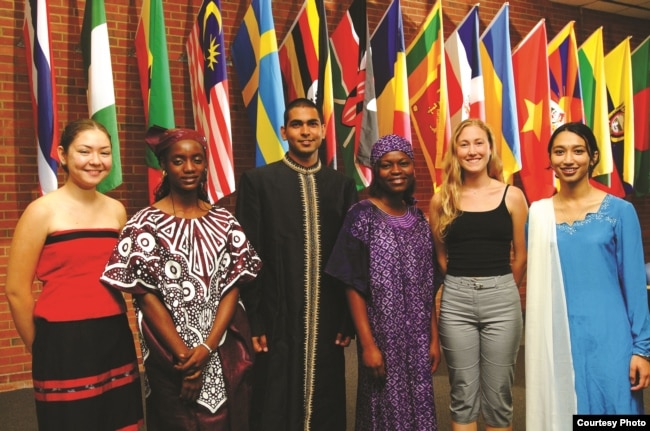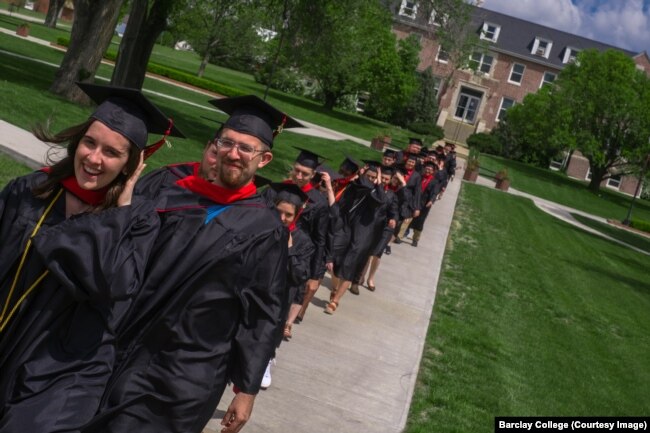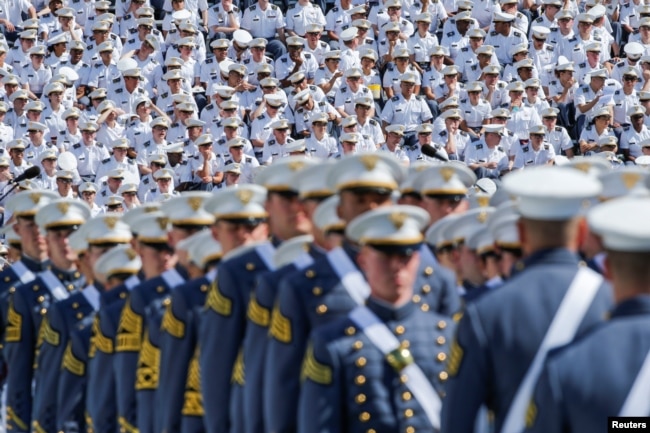US Colleges That Offer Free Tuition

The high cost of a college education keeps some students from even thinking about going to college. Some schools in the United States want to help those students by offering them free or reduced tuition.
Schools offering free or reduced tuition include community colleges with two-year study programs and a number of four-year colleges. Some require students to pay for room and board — or for housing and food. They also may have to pay for books and other school supplies.
The “free tuition” colleges include the U.S. military academies, which require military service for some years after graduation. Others are called “work colleges” because students must work part-time on campus to pay for some of their costs.
How do these colleges pay their bills without receiving tuition payments? For many, it is a mix of endowments -- large amounts of money given to a school -- and other financial gifts or grants.
Work colleges
Berea College, in rural Berea, Kentucky, does not charge tuition. The school looks for students who would otherwise struggle to pay for college.
“You have to be economically disadvantaged to get in,” Richard Cahill told VOA. He is a history professor and Director of the Center for International Education at Berea.
“We try to take the brightest of economically disadvantaged students to give them a world-class education,” he said.
The college has a history of helping people with less since 1855. It was started by a man who opposed slavery. And from its beginning, black and white students, male and female, studied together.
Now, there are 1,600 students, and just over 25 percent are black. Over six percent are international students who come from more than 70 countries.
Cahill says every year the school accepts 30 out of 3,000 foreign students who compete for admission online. Students work 10 to 20 hours a week on the Berea campus, to pay for room and board and books.
Other four-year colleges where international students can be a part of the work program to cover all or part of their tuition include:
- College of the Ozarks—also known as “Hard Work U.” This Christian school, located near Branson, Missouri, admits a small number of international students. Each student works 15 hours a week, and two 40-hour work weeks a year to cover the cost of tuition.
- Warren Wilson College is a small liberal arts college near Asheville, North Carolina, with just under 700 students. Students work on campus and earn over $2,000 towards tuition. Depending on financial needs, international students may get full tuition paid by a program called Milepost One, or other scholarships. The campus includes a 120-hectare farm where students work and grow food served on campus.
Barclay College is a smaller school with a few foreign students in rural Haviland, Kansas, a Midwest state. It is a small Christian liberal arts school with only 170 students.
Justin Kendall is director of admissions at Barclay. He told VOA one reason that they decided to offer free tuition was to have more students. Students still have to pay about $16,000 a year for room and board.
Donors help make up the difference at the school. Kendall says, “They love the college, and what we’re doing here.”
He says foreign students do “really, really well” there because of the small size. “They get a lot of personal attention here.”
Another school that offers free tuition is the Curtis Institute of Music. Their website says that the school “highly values a diverse international student body.” Musicians from 20 countries make up nearly 40 percent of the students. The school, however, requires an audition and admits very few students.
Service academies
The U.S. Military Academy at West Point is the oldest of the military colleges, dating back to 1802.
West Point’s website says up to 60 international students may study at the academy at any given time. The same is true for the U.S. Air Force Academy and U.S. Naval Academy.
International students must be sponsored by a national-level government official in their country and be between the ages of 17 and 22 to be considered for admission.
The academies say the countries are selected by the U.S. State Department and Department of Defense. West Point says that American embassies then ask each individual nation to nominate up to six candidates to compete for admission to the school.
West Point spokesman Frank DeMaro Jr. told VOA that the most recent class has students from 14 countries, including Colombia, the Gambia, Jordan, Rwanda and Thailand. After graduation, he says, they will go back to their countries and serve as officers in their armed forces.
The U.S. Coast Guard Academy is similar to the other military academies. International students do not apply directly to the Academy like U.S. citizens do, said Chris McMunn, an admissions officer.
However, he told VOA, “if they are nominated by their country and ultimately selected to attend, then their training education costs should be paid by their nation.”
A waiver for part or all of the tuition can be requested.
I'm Bryan Lynn. And I’m Anne Ball.
Anne Ball wrote this story for VOA Learning English. Hai Do was the editor.
Are you interested in attending college in the United States? Let us know what you think of this story. Write to us in the comments section below.




No comments:
Post a Comment